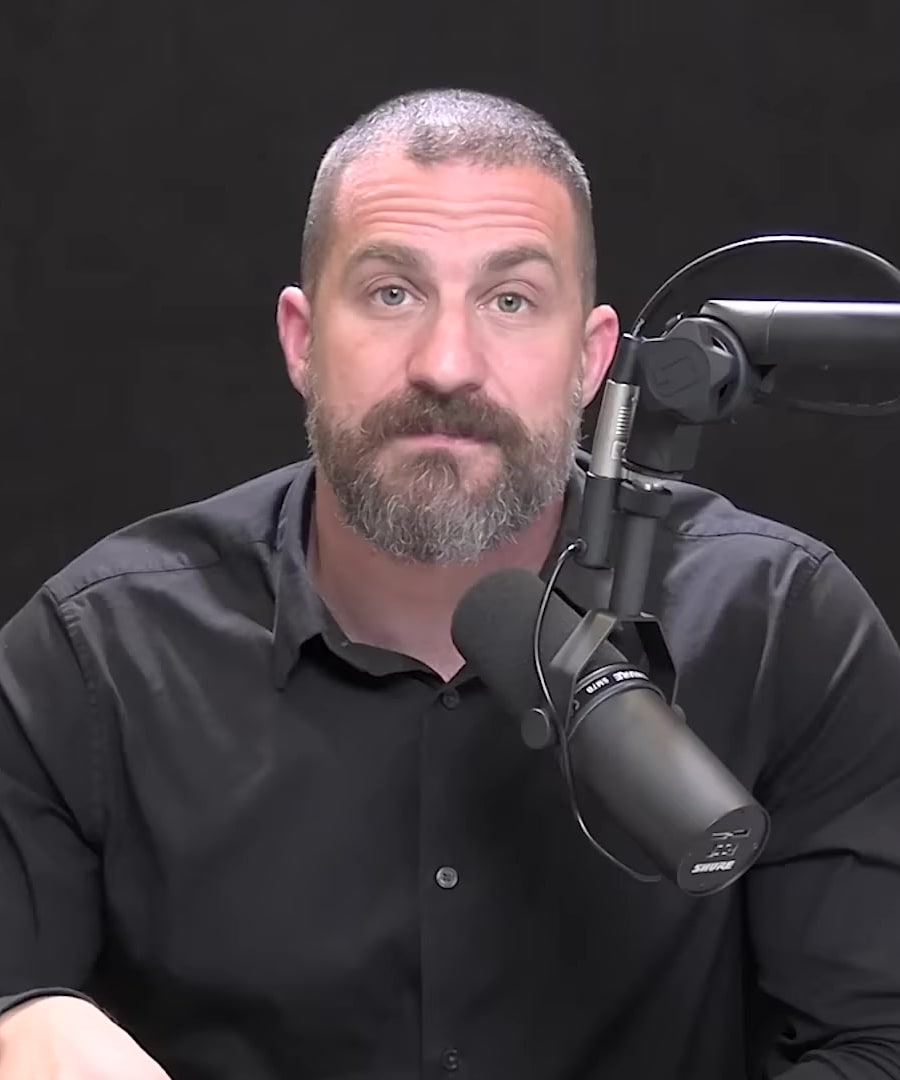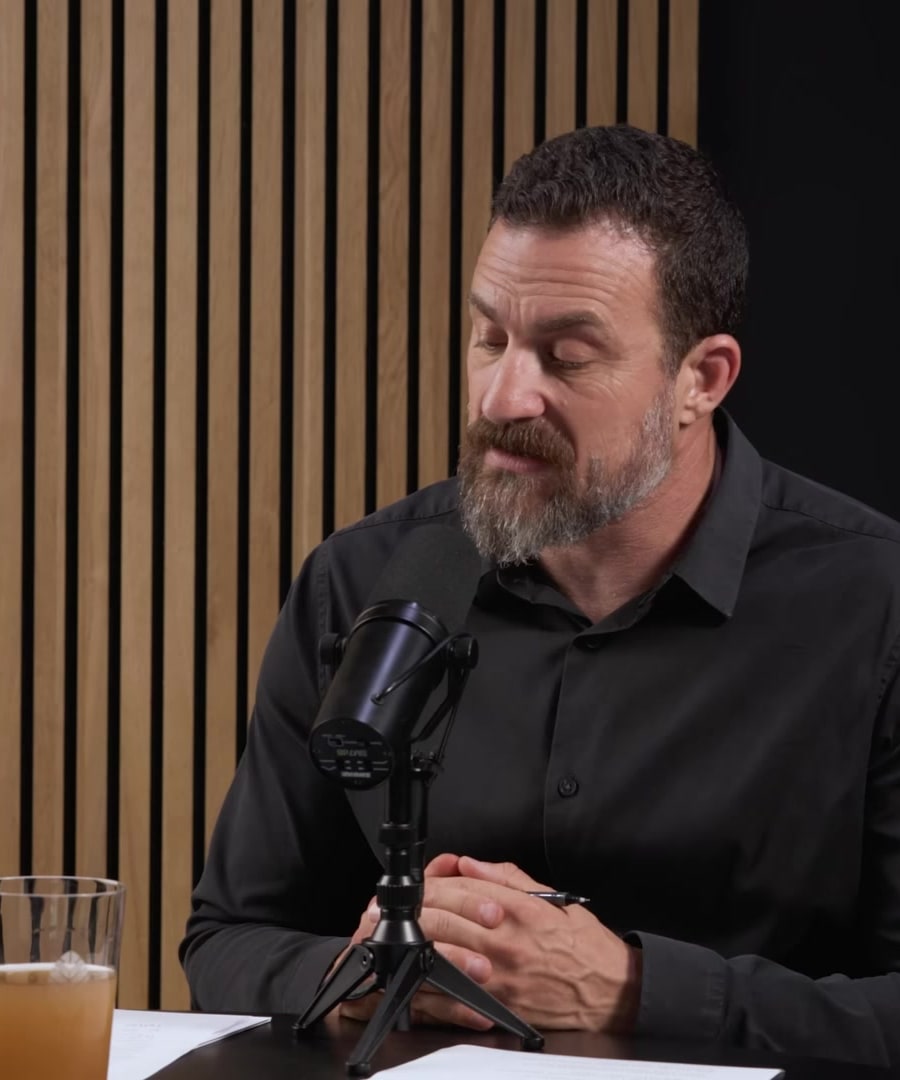What has huberman said about epigenetics and generational trauma
Sources:
has discussed the topic of epigenetics and generational trauma in various contexts. Here's a summary of his insights:
-
Transgenerational Trauma: Dr. Huberman explains that trauma can potentially influence genetic predispositions, creating a bias towards trauma or fear responses across generations. This isn't a direct transmission of specific traumatic experiences, but rather a sensitivity or predisposition to certain stressors 1 2. He notes the role of genes such as FKBP5 in modulating the glucocorticoid system, which can affect the threshold for stress and fear responses 1.
-
Epigenetics and Inheritance: Huberman discusses the concept of epigenetic inheritance, highlighting that while many of the modifications acquired during a parent's lifetime are typically erased in sperm and eggs, some modifications can persist. This points to a complex interplay where both genetic and environmental factors can influence the next generation 3 4. He also addresses theoretical barriers to the inheritance of acquired traits, emphasizing their selective and limited nature in humans compared to other organisms 5.
-
Mechanisms and Evidence: There is ongoing debate and research into the mechanisms of how trauma might lead to genetic changes that can be inherited. While some evidence supports the environmental and behavioral transmission of trauma symptoms, the biological mechanisms (like epigenetic marks) remain less clear and are actively researched 6 7.
Overall, while the genetic inheritance of traumas and associated traits is a developing field, both genetic predispositions and environmental influences play crucial roles. Future research may provide more definitive answers about the pathways and mechanisms involved 8.
RELATED QUESTIONS-
What has huberman said about epigenetics and generational trauma
- RELATED QUESTIONS






